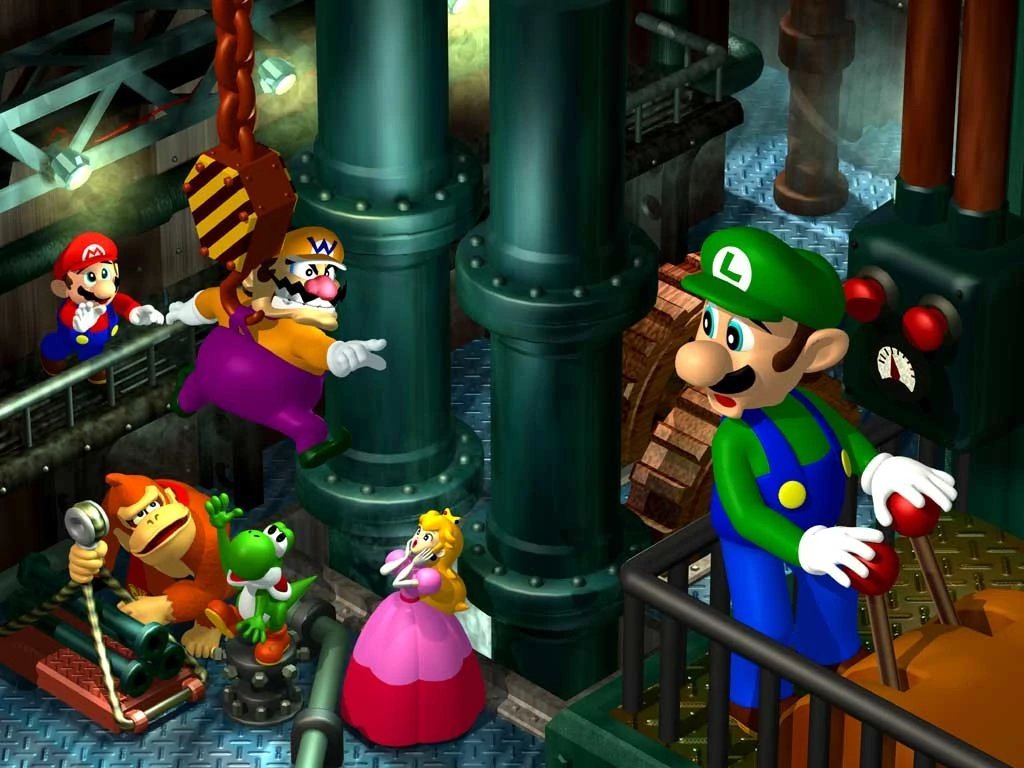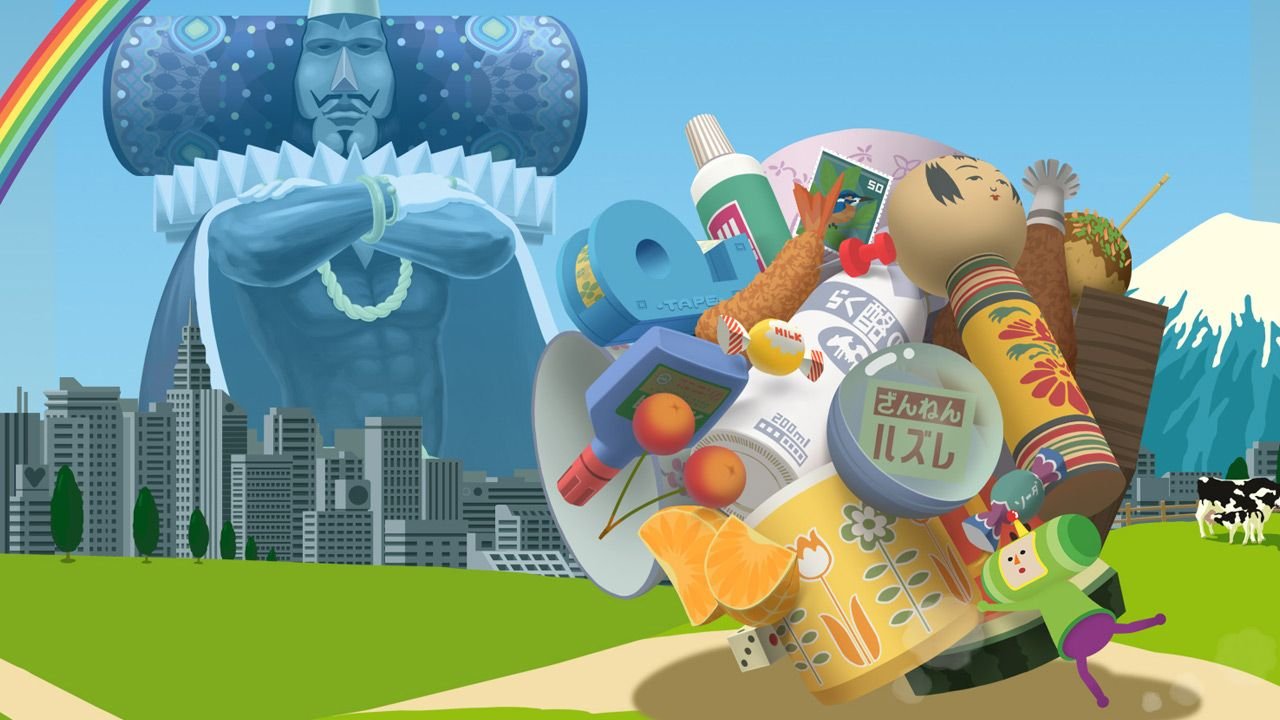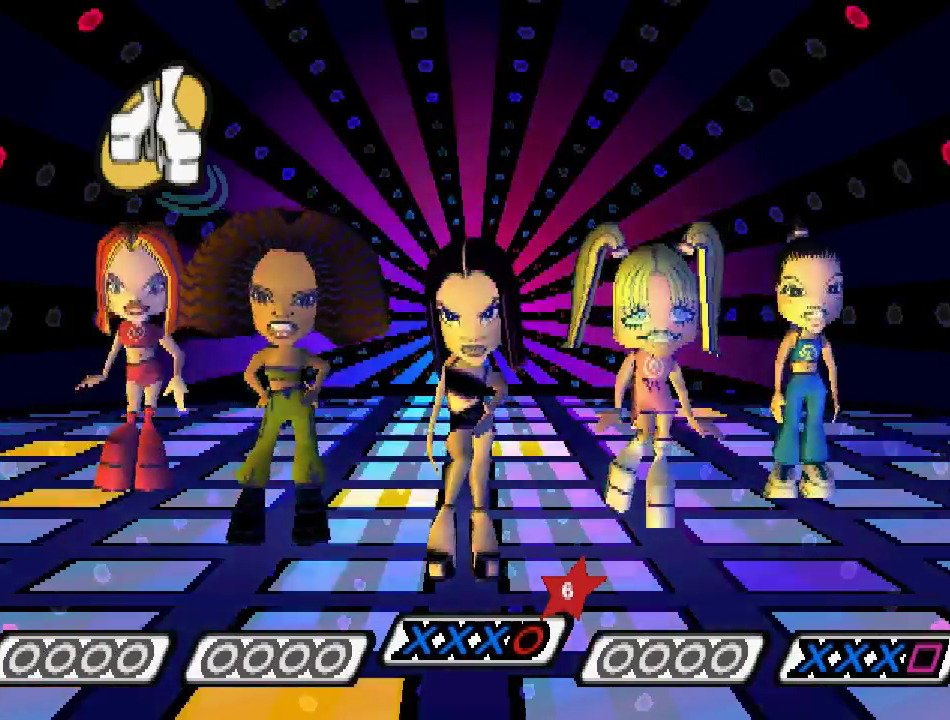Mario Party: Threatening Friendships Since 1998

Life can be simple: Three friends, loads of snacks, and Mario Party plugged into the N64.
Hands down, a simple yet effective combo that guarantees a great time. The late 90s marked the birth of a franchise whose simple concept remains unparalleled.
In 1996, Nintendo released the N64, the company's first console facilitating 4-player experiences through four controller ports. Nintendo legend Shigeru Miyamoto emphasized multiplayer due to the console's CPU capabilities of processing four independent screens at speed. Without a doubt, Nintendo leveraged these facilities to the max, releasing top-tier titles like Golden Eye, Mario Kart 64, and Super Smash Bros. Yet, the release of Mario Party in 1998 would exceed them all. Not due to gameplay but concept.
A board game experience interspersed with thrilling mini-games. Fairly simple. However, that's the gist of the matter. With Hudson Soft as the helping hand for the project, Nintendo aspired to a game without entry barriers, enjoyable for everyone regardless of age or media experience.
There were two essential ingredients to the game's success: Simplicity and chance. With mechanics resembling traditional board games like Monopoly, an explanation was redundant. Simultaneously, luck was fundamental for democratized access to a fun experience. With mini-games achieving an intriguing balance of luck and skill and chance spaces on the board, winning was feasible even for the inexperienced. Furthermore, it created the outrageous moments we all remember when nostalgically reminiscing about Mario Party.
Yet, besides a sound conceptual execution, the visual facet was as impactful. The board featured eclectic worlds based on characters or film concepts. From Donkey Kong's Jungle Adventure to Yoshi's Tropical Island, Hudson Soft couldn't have leveraged the Mario universe more excitingly.
With Mario Party, Nintendo created a multiplayer experience, unrivaled to this day. With the series evolving, Nintendo added plenty of mechanics without missing the basics: simplicity and chance. Hence, no wonder that it achieved to sell over 60 million copies to this day.





